 Ever wonder how Google came up with its name? Did they think the name Google would become synonymous with information sourcing, referencing, mapping and everything in between? Is there some sort of history behind the name, or was it just a random choice?
Ever wonder how Google came up with its name? Did they think the name Google would become synonymous with information sourcing, referencing, mapping and everything in between? Is there some sort of history behind the name, or was it just a random choice?
Many business start-ups make much ado about what they should name their business… and so they should. Like everything else in business, you need to go through a process:
1) Define your business. What is it? What makes it unique?
2) Define your 3 to 5 year business objective. If you’re a consultant, it could be that using your own name is a good start…but what about after you start? If you want to eventually provide more than one to one consulting, maybe your name just won’t cut it.
3) Who is your target group? What’s their demographics…and don’t forget their psychographics.
4) Research the competition and see what names are out there in the same industry and geographical area. (Just Google it!)
5) Brainstorm and come up with a list of 10 names.
6) Take these 10 names and verify to see if the URL is taken, and if so by whom.
7) Verify if the name is trademarked within your industry and within your geographical area.
8) Get objective feedback for your top 4 names. Research for start-ups has become more affordable for business start-ups with software such as Survey Monkey and panel online advertising.
There’s much ado about the naming of businesses. I am of the opinion that the name is important, but what you do with that name is even more so. How are you launching? What media channels are you using? What’s your brand character, brand voice and how is that represented in your communications. Being first to market and being very visible when you are first to market is definitely the best approach to reap the benefits of longevity and recognition. Just to name a few: Kleenex, Coke…. and of course Google!
And just to close the opening thought of this post, I actually googled how Google got its name. Like all things in Google-like, I had many sources to choose from. The first link I clicked on was http://www.question.com/how-did-google-get-its-name-10903.html. Interestingly, I learnt that the definition of Google is quite appropriate for Google. The name Google is based on the mathematical term “googol”, coined in 1938 to equal 10100, a number larger than any practical counting operation would require.
From a wiki.answers.com, I also got more of an anecdotal story: In September, 1997, so the story goes, some Stanford grad students were helping Larry Page choose a name for his search engine. “Googolplex,” said Sean Anderson. (They’d already sensed how big this could become.) “Googol,” Page replied. Anderson, checking to see if the name was taken, typed g-o-o-g-l-e into his browser and made the most famous spelling mistake since p-o-t-a-t-o-e. Page registered the name within hours, and today, Google isn’t a typo, it’s a verb, one with a market cap of about $160 billion.
Fact or fiction, it doesn’t really matter…what matters is that Google provided an innovative product that revolutionized how information was being delivered to the masses… I doubt the notoriety or the business outcome would of been different if their name was Googol.

